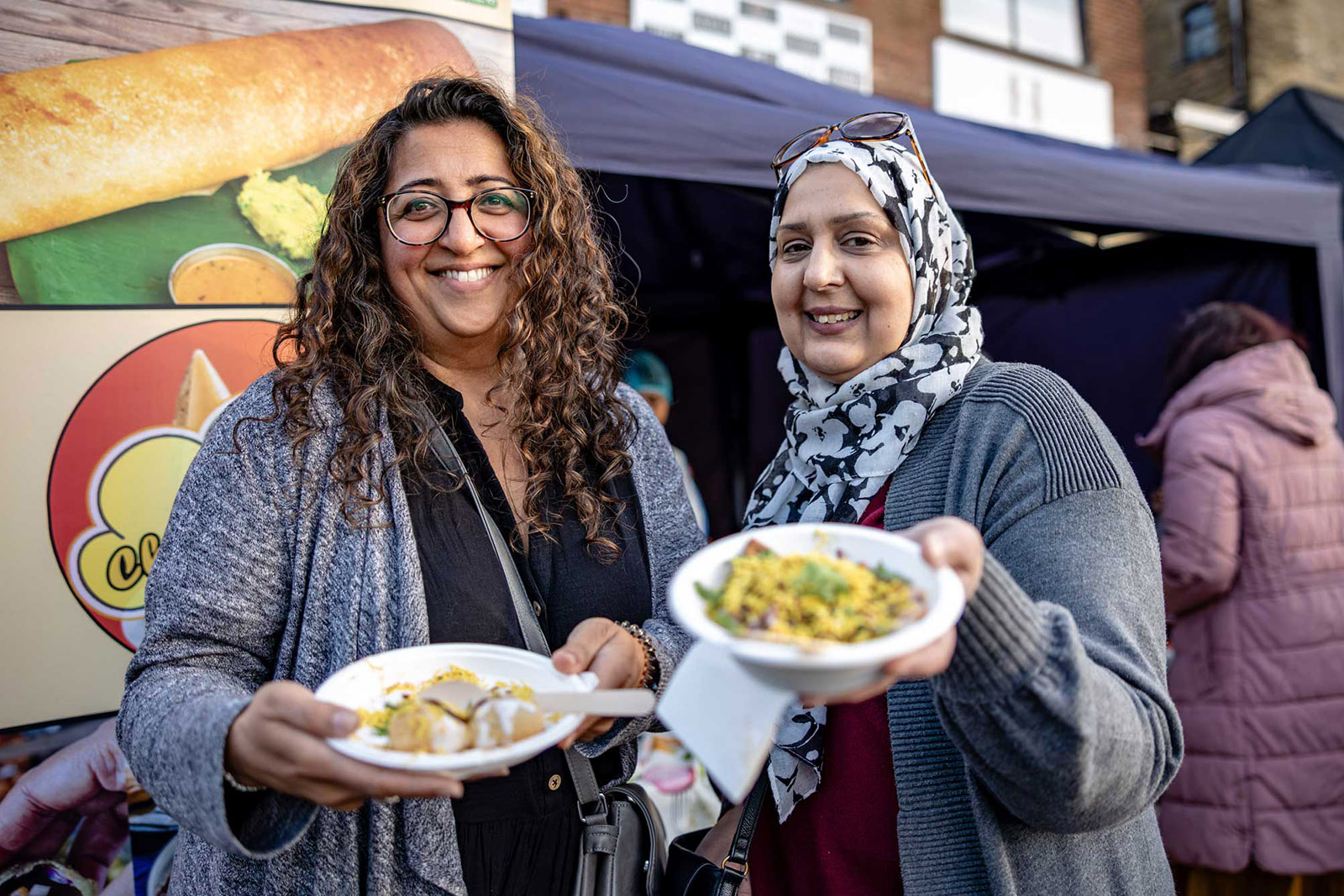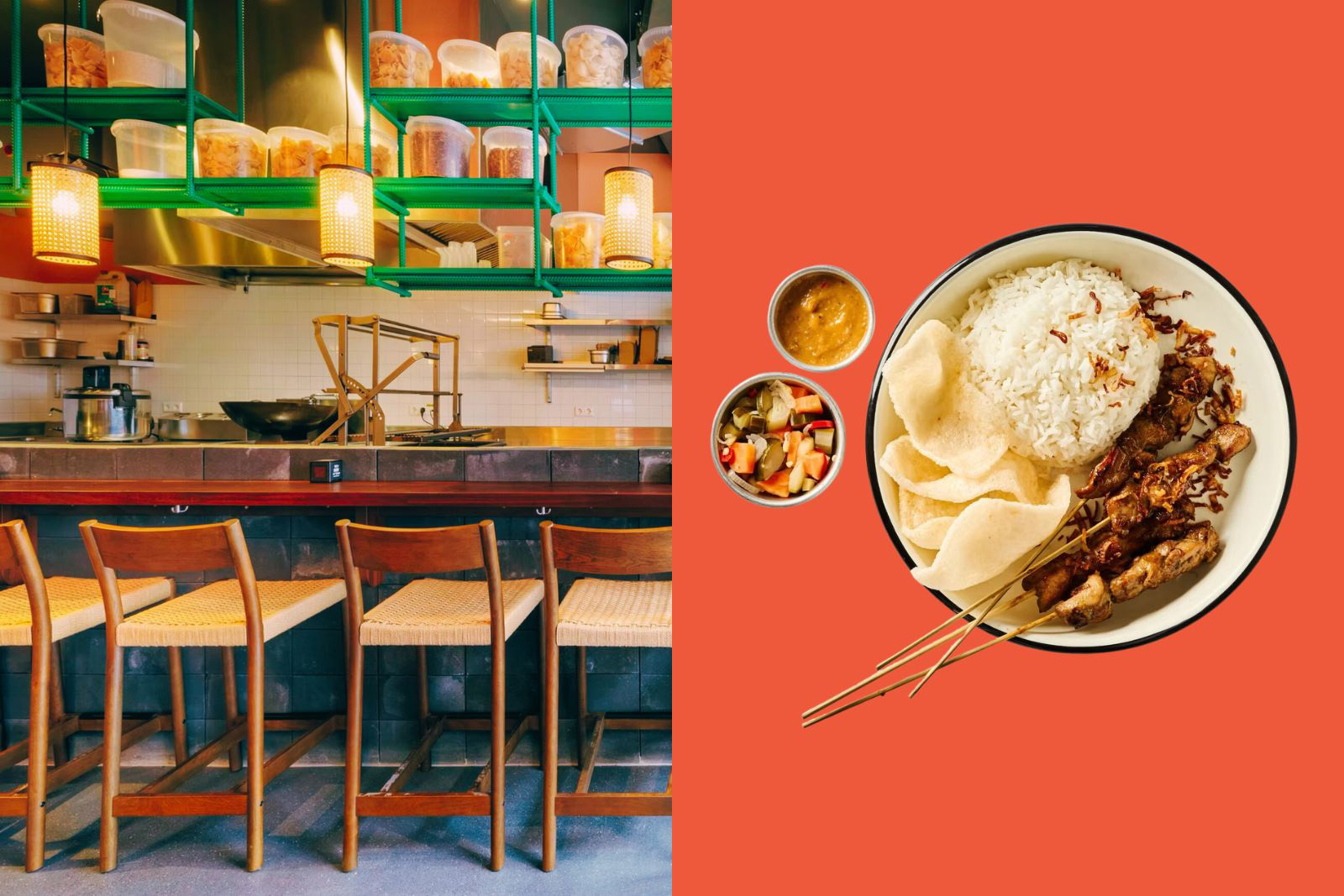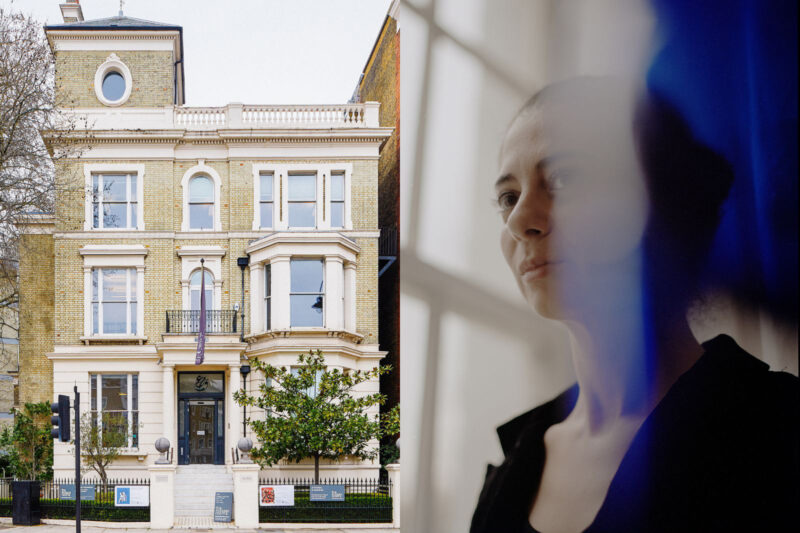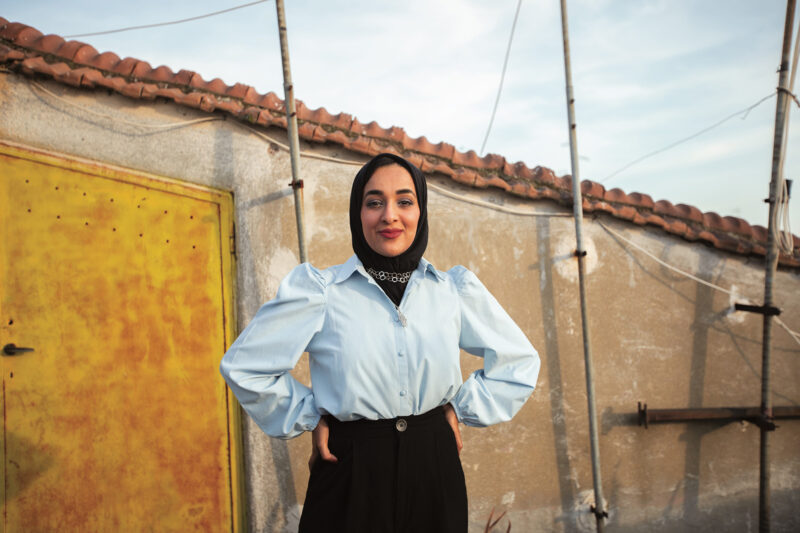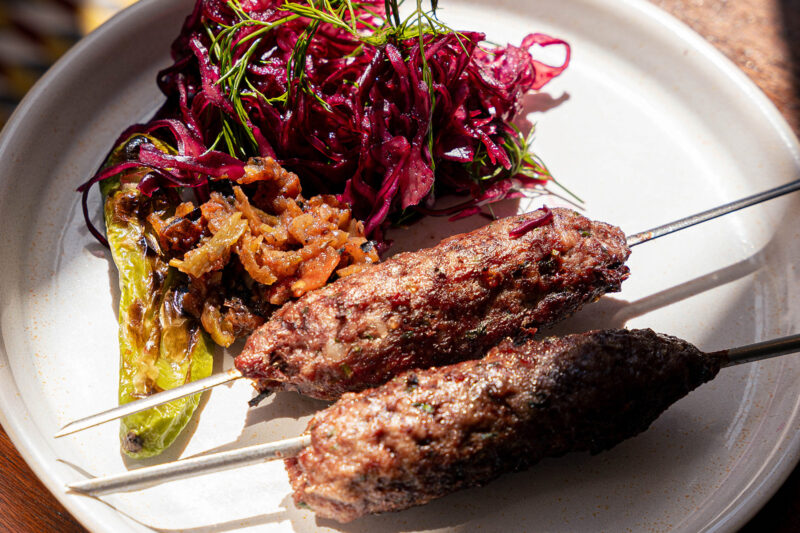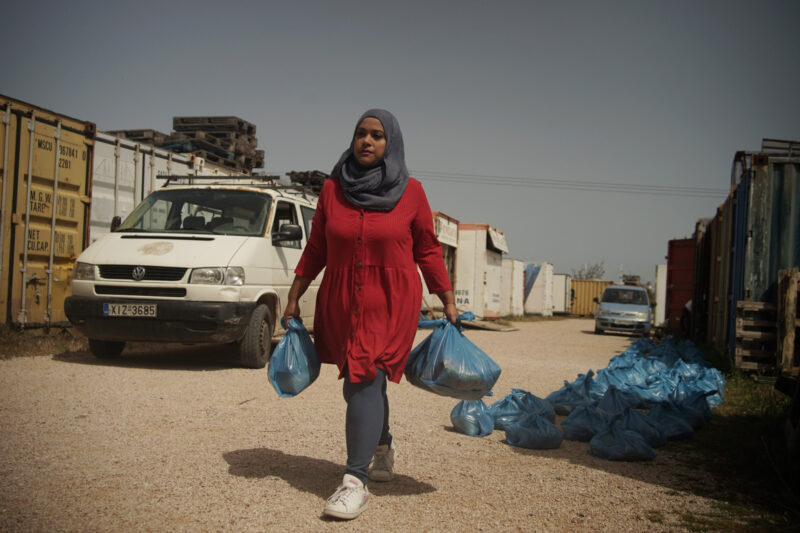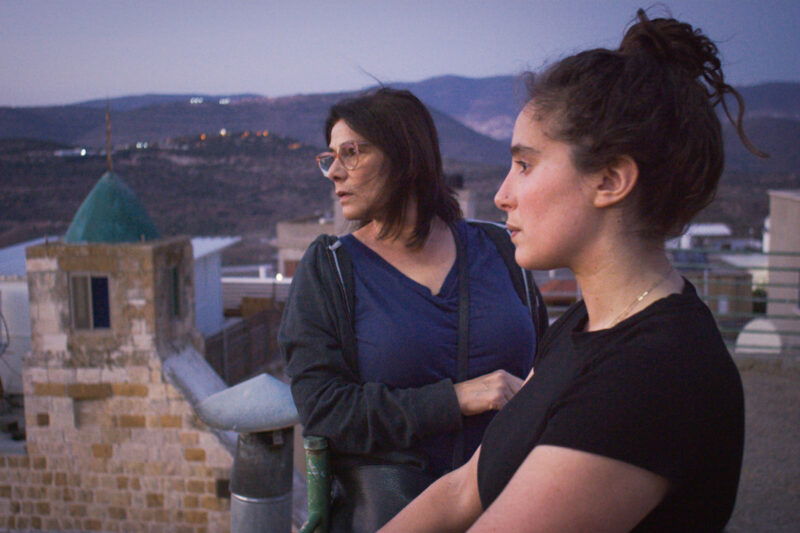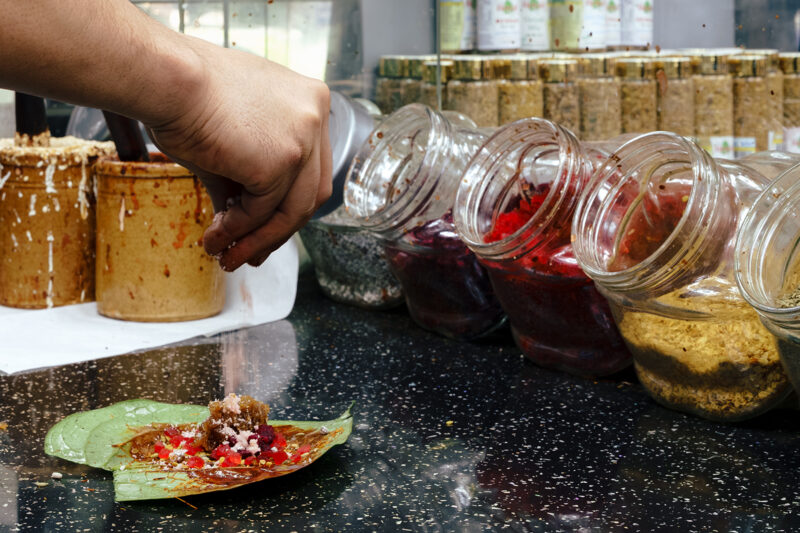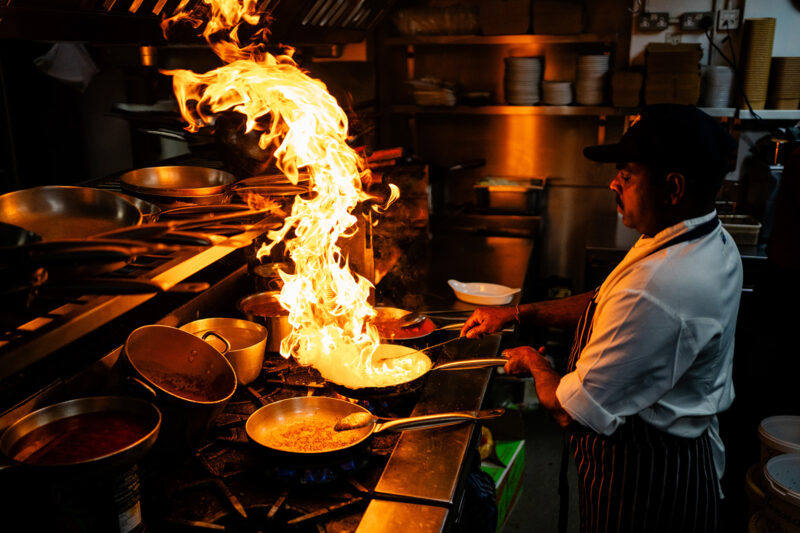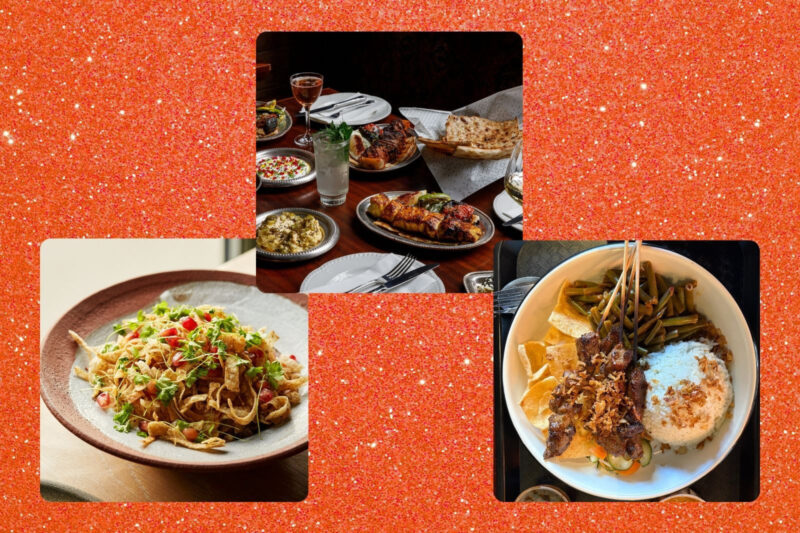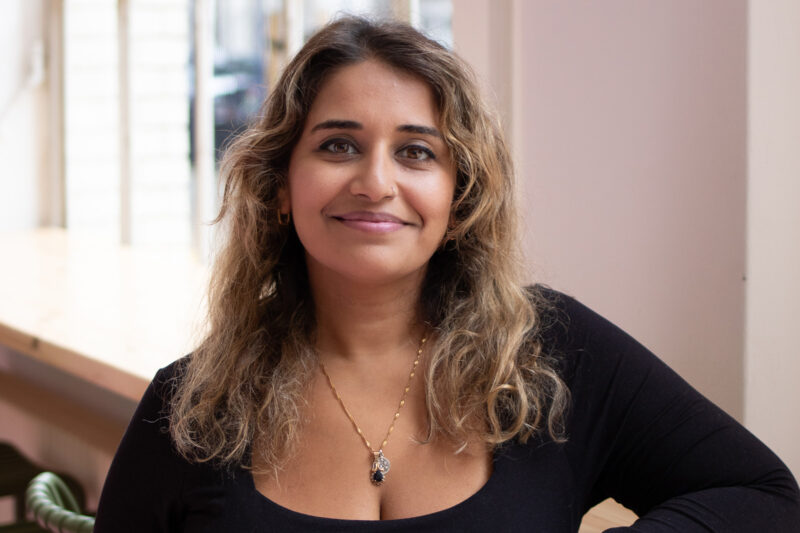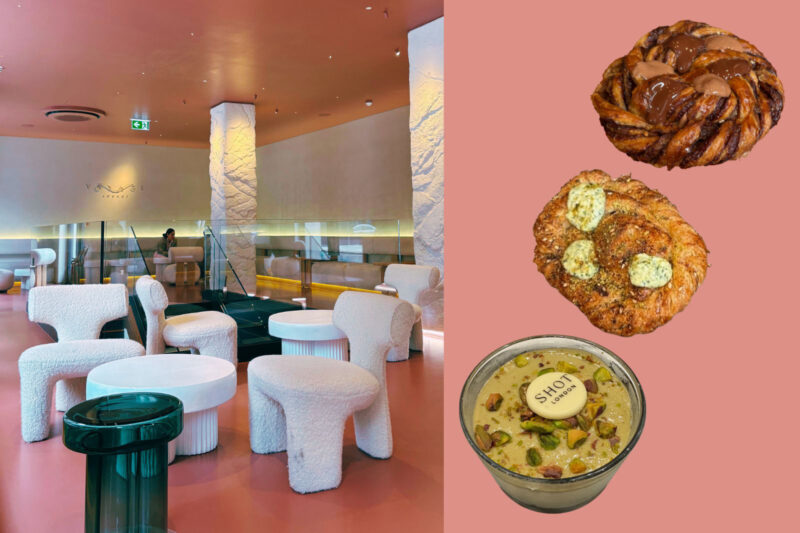Marseille’s ‘exile cuisine’ has made it a new gastronomic capital
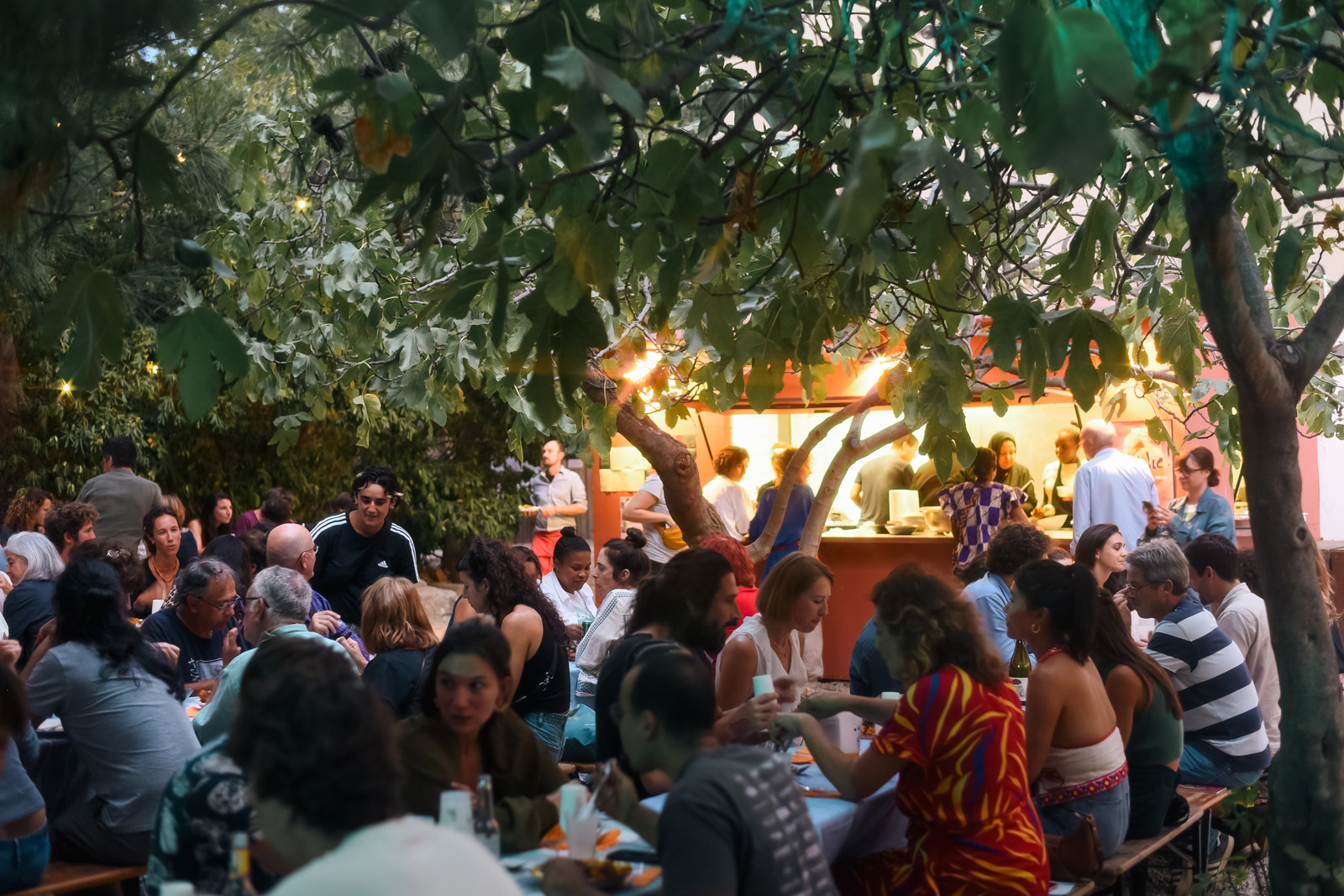
France’s largest port city is reinventing its image through a thriving north African food scene
Since its foundation in 600BC, by ancient Greeks from modern day Turkey, Marseille is one of the Mediterranean’s most important ports, attracting sailors, merchants, and immigrants from across Europe, Asia, and Africa. For millennia, migration has been at the core of the city’s identity.
In the 19th century, as France expanded as a colonial power, an industrialised Marseille became the principal port of the French empire. In the 20th century, as countries across Africa and Asia gained independence, large numbers of French-speaking, former colonial subjects emigrated to find work or to study. For those who came by sea from Algeria, Morocco, or Tunisia, Marseille was their first port of arrival.
Today, France’s second largest city is often described as a melting pot. Its working-class northern districts, childhood home of the football legend Zinedine Zidane, have a large Muslim community. Other parts of the city have significant Jewish and Christian communities.
After being crowned European Capital of Culture in 2013, Marseille is slowly shedding its dangerous reputation and tourists are pouring in, attracted by the sea and increasingly its thriving immigrant food scene. Séverine Dalloz is forging a career from it, running tours — Culinary Backstreets, Fenaisons — that explore Marseille’s migrant history through food.
“Nobody is really French in Marseille,” Dalloz said. “Everyone has origins from Italy, Corsica, Algeria, Spain, or somewhere else. This is part of the city’s DNA. Food is a way for people to keep their heritage alive and to stay connected to their cultures. And it’s easy to find ingredients from North Africa here, because boats come in every day.”
Here are some highlights of the city’s immigrant food scene.
Maeva Hocini, Bistrot Baya
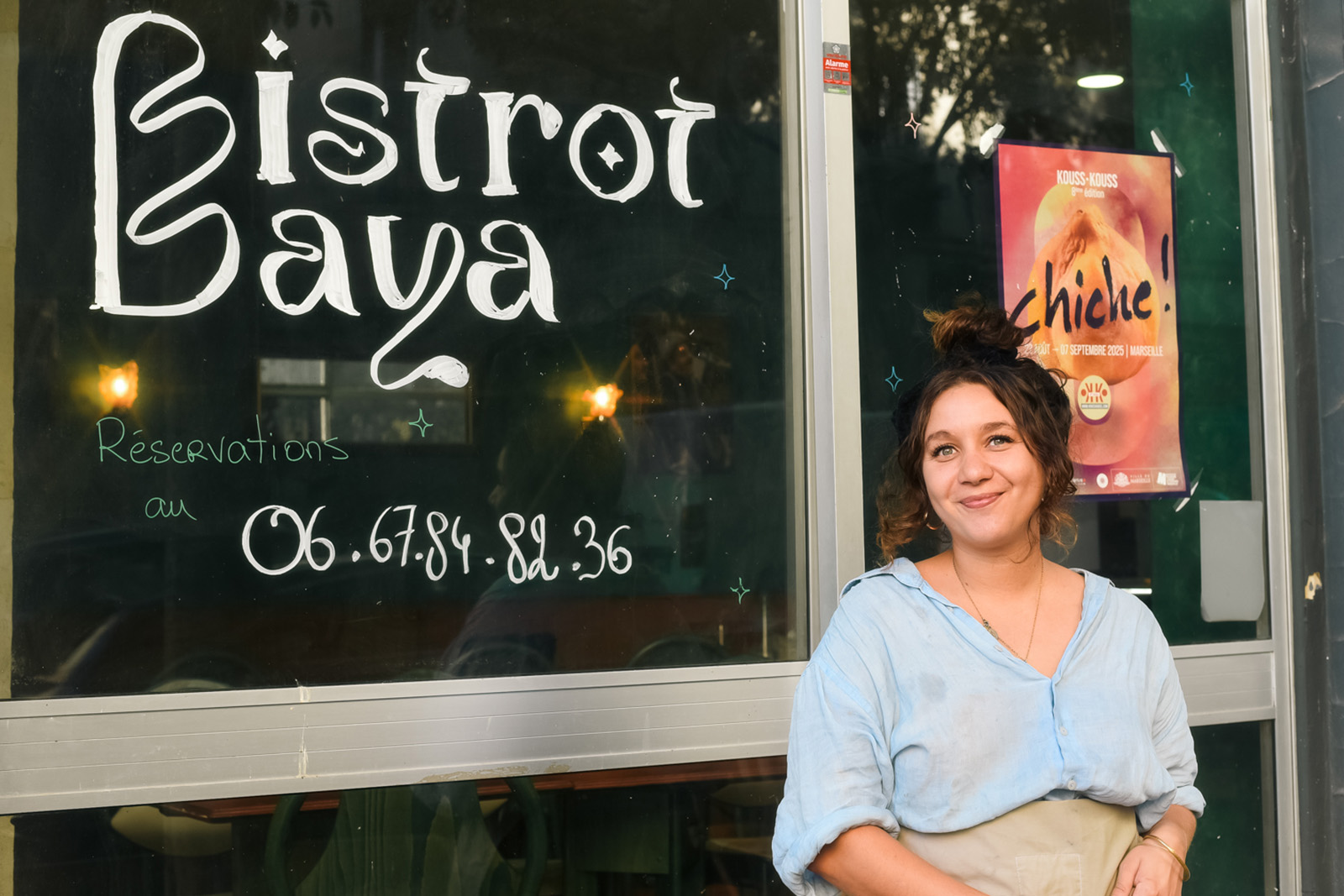
French-Algerian chef Maeva Hocini has created a new term for the food she cooks up at her restaurant Bistrot Baya, named after her Algerian grandmother, ten minutes from the central Saint-Charles station — “exile cuisine”.
Hocini, 32, grew up in the suburbs of Lyon in an Algerian family of Kabyle and Arab heritage but felt alienated from her north African roots. “We had to be French at all cost,” she recalled. It was only on weekends, when she learned recipes from her two grandmothers, that she connected with her Algerian identity.
Hocini moved to Marseille in 2020 and had a visceral connection with the city, discovering a place where she says “you can be whoever you want”.
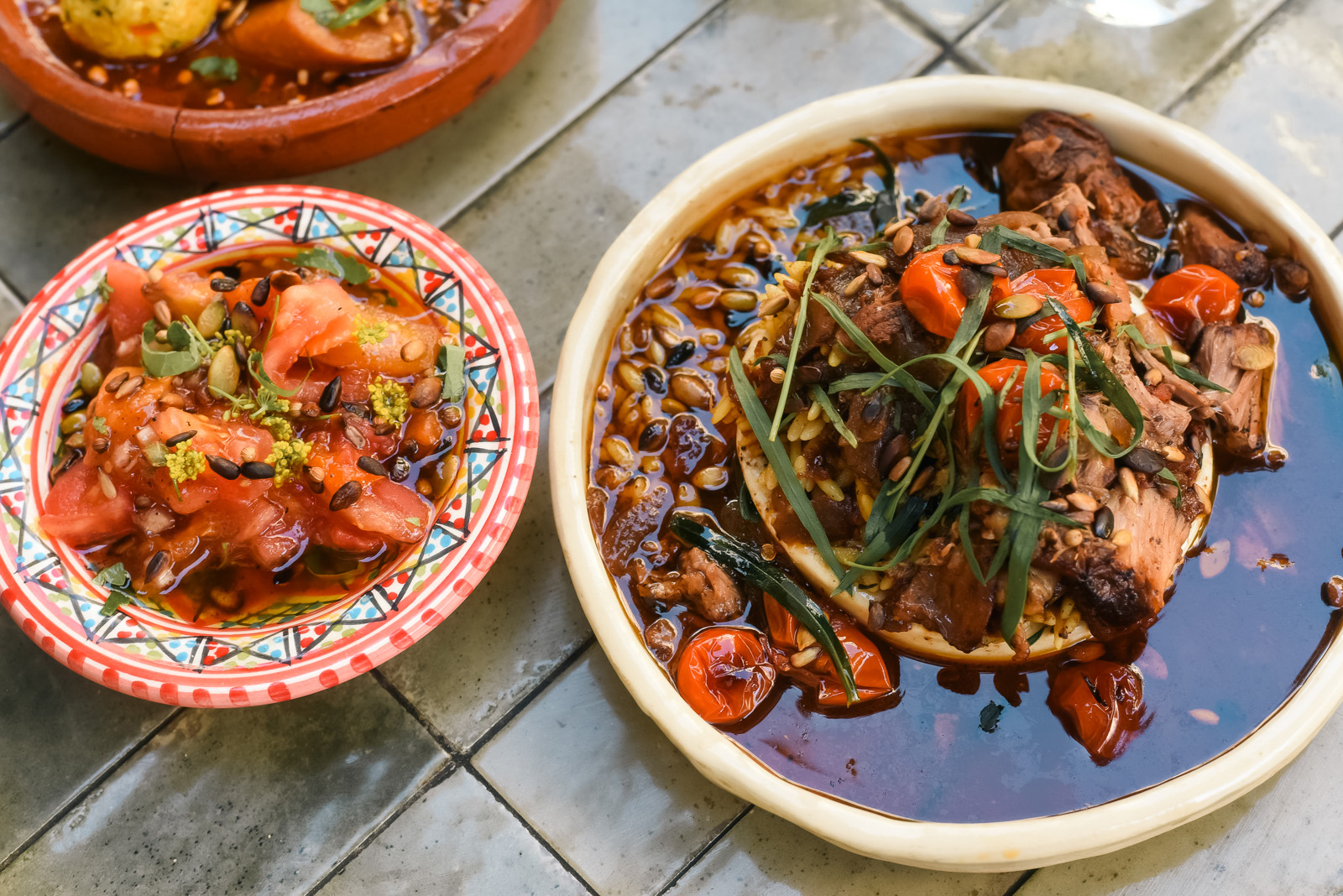
Since opening in March 2024, Bistrot Baya has become a key destination in Marseille’s food scene. Its dishes honour Hocini’s north African roots with European Mediterranean influences: a leg of Sisteron lamb is served with orzo and sun-dried tomatoes; a plate of tikourbabine, a traditional vegan Amazigh stew, with couscous balls in a green gazpacho.
“It’s not really cuisine from Algeria, it’s cuisine that came from exile,” Hocini said. She notices that her Algerian grandmothers now make traditional dishes like briks, or boureks, with French cheese. Hocini is determined to visit Algeria one day, but for now she’s made a nest in Marseille where she can be herself and “cook up her origins”.
Samia Benazzouz, Soum Soum Kitchen
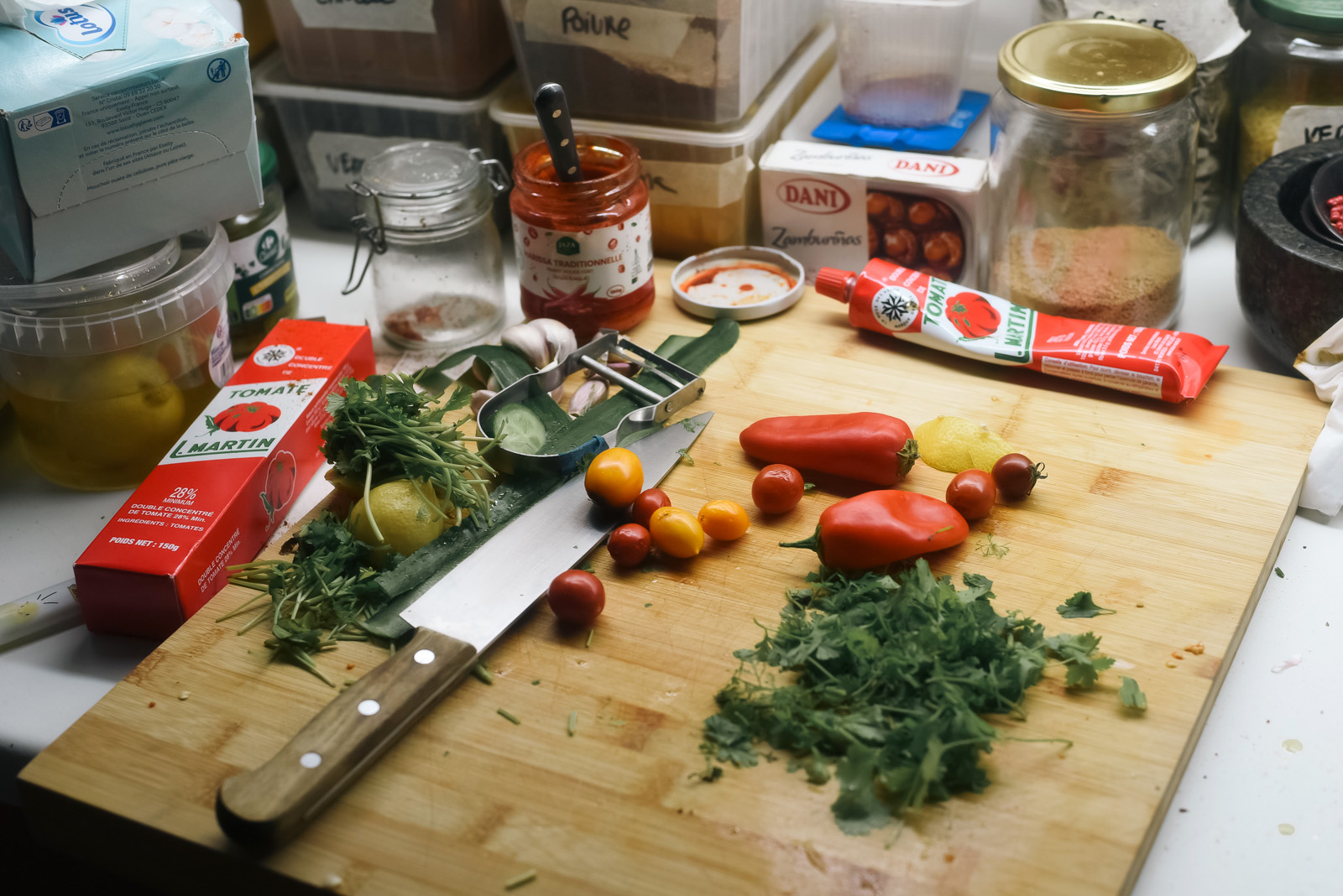
Samia Benazzouz, another young north African chef making a name for herself in Marseille, makes dishes that fuse Mediterranean cuisines. Benazzouz grew up in Casablanca, Morocco, and doesn’t run a restaurant but cooks at pop-ups, hosting ticketed dinner parties at her flat near Marseille’s millennia-old port or catering private events.
Benazzouz moved to Marseille in tragic circumstances, seeking better medical treatment for her mother, who was fighting cancer. Her mother, who encouraged her talented daughter to become a chef, died in 2020 and Benazzouz decided to stay on and honour her wishes.
Surprisingly, it was during the Covid-19 lockdown that Soum Soum Kitchen exploded, throwing clandestine dinner parties held at art galleries for Marseille youth wanting to rebel against lockdown restrictions.
“While we were deprived of connections and joy, Samia managed, through her dishes, to offer us moments of happiness with her vibrant Mediterranean cuisine, full of warmth and creativity,” said Elliott, a local fan.
Benazzouz believes Marseille’s food scene has helped her reconnect with herself and that many of north African origin living there feel the same. “When you cook your cultural heritage, it is a way of highlighting, celebrating, and sharing it with others,” she said.
Kouss-Kouss festival
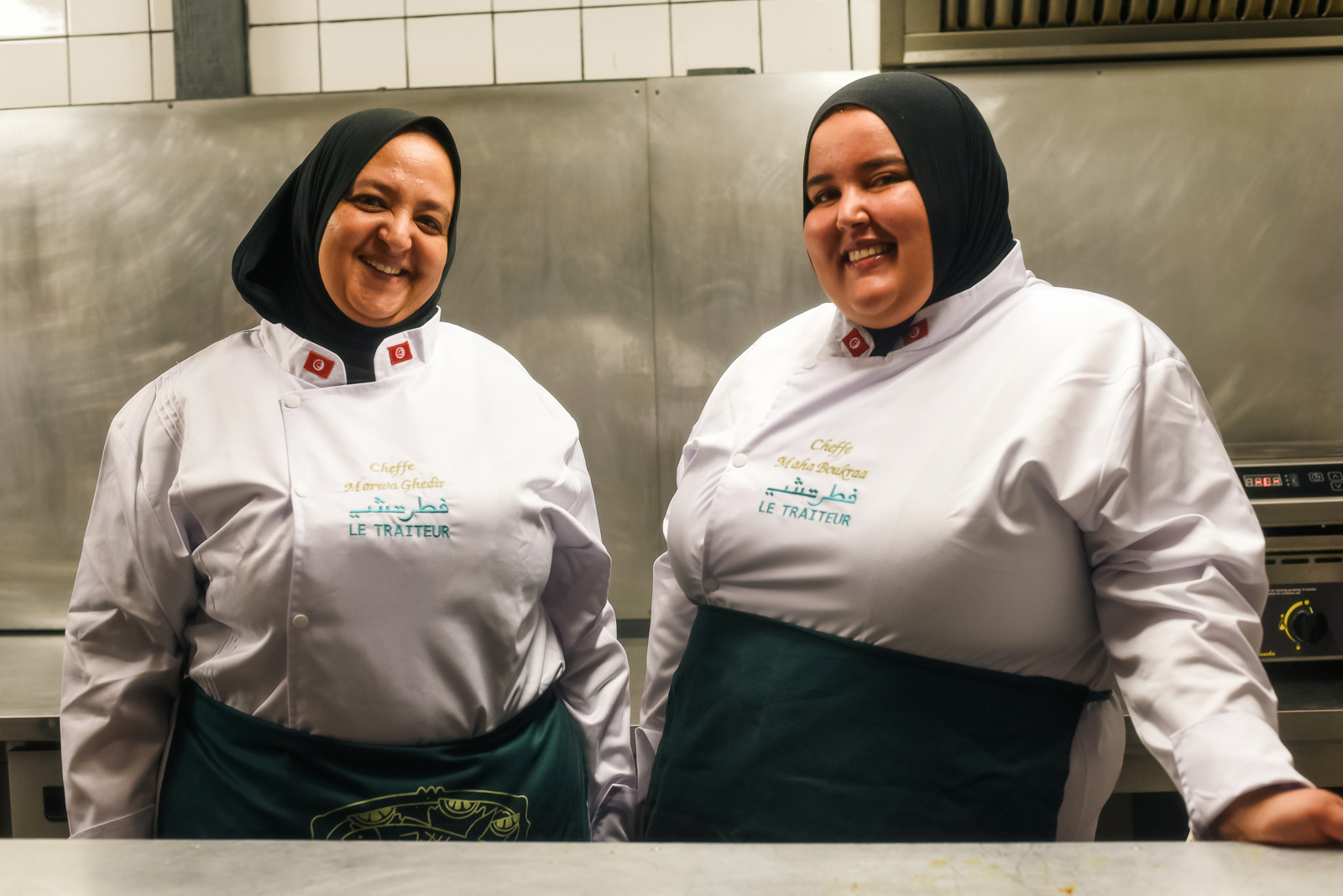
This year, Marseille’s publicly-funded, annual couscous festival took place between 22 August and 7 September across 240 restaurants and included seven free events in which the dish was cooked by teams of renowned local chefs and visitors from the Middle East and north Africa. In its eighth year, it drew more than 100,000 people.
In Belle de Mai, a working-class area, Tunisian chefs Marwa Ghedir and Maha Boukraa made couscous homs we zbib (lamb couscous) for hundreds.
For Axel Mbetcha Tiezan, a festival organiser, it secured Marseille’s title as “the capital of people’s cuisine. A bridge between the two shores of the Mediterranean.”
Marseille continues to struggle with high unemployment, poverty and regional politics veering toward the far right. It’s described as the last working-class city in Europe. Tiezan believes a love of food has been crucial in creating solidarity and community here.
“There is a desire from a cultural perspective but also from an economic and tourism perspective to promote this image of Marseille as a culinary capital,” Tiezan said.
 Newsletter
Newsletter


